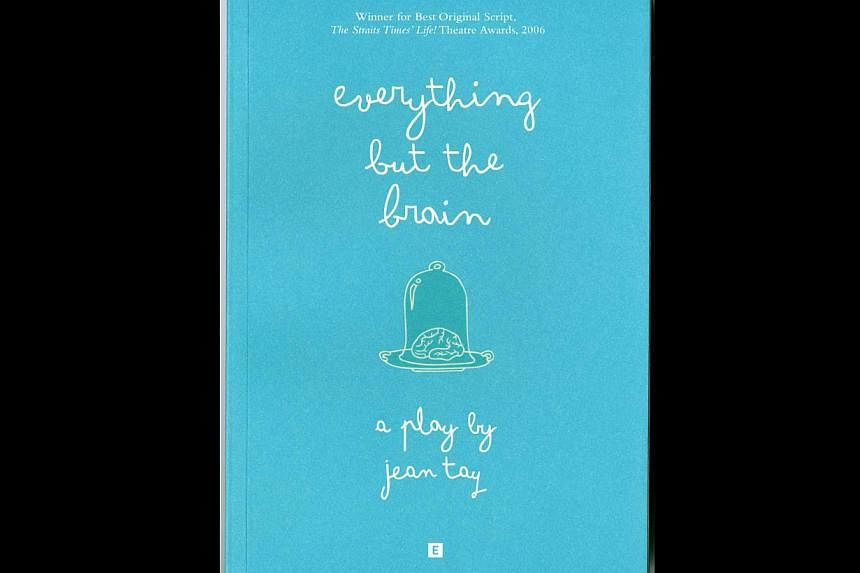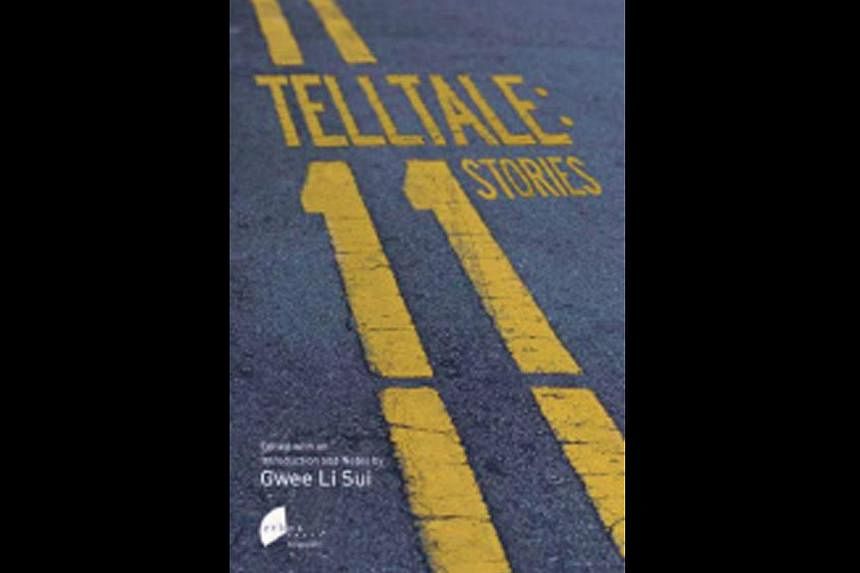Neighbourhood schools are leading the charge in using Singaporean literature for upper secondary literature students.
Official figures show 32 secondary schools here teach Singaporean works, up from 18 in 2011.
Checks by The Straits Times found 27 of these are neighbourhood schools.
They include Yishun's Ahmad Ibrahim Secondary School and North View Secondary School, and Junyuan Secondary School in Tampines.
Each uses one or two Singaporean books.
The O-level literature examination requires students to read books chosen from a list of 13 set by the Ministry of Education (MOE). They include two Singaporean works: Jean Tay's play Everything But The Brain and Telltale: 11 Stories, which includes short fiction by Alfian Sa'at, Wena Poon, and Dave Chua.
About 70 schools offer literature as a full subject at the O-level exam. In schools offering literature as an elective - a "half subject" - students read one book for the exam.
Writer Alfian Sa'at, who has three stories included in Telltale, said the language and themes in Singapore literature may be more accessible to the students. He studied Shakespeare's plays The Merchant Of Venice and Julius Caesar for literature while at Raffles Institution and said: "It felt like I had to learn two things - the language and the story. The grounding of the classics requires a certain level of language maturity."
At CHIJ Katong Convent, where literature is compulsory for all students, they read William Golding's Lord Of The Flies and Shakespeare's Romeo And Juliet.
Dr Dennis Yeo, a lecturer at the National Institute of Education's English Language and Literature Academic Group, said literature teachers have various considerations when selecting which text to teach.
"You want your students to appreciate the text and pass the exam at the same time," he said. "You have to ask yourself what the profile of your students is and what will allow you to teach them as much of the subject as possible."
Dr Yeo, who produced a study guide for Telltale, added that teachers may not choose to teach local literature due to practical concerns.
"Even when I was writing the study guide, I had to take some time to figure the stories out. But our teachers don't have that kind of time because they have lessons to deliver, and it is easier to fall back on texts with readily available resources," he said.
The likes of Shakespeare's Romeo And Juliet and Oscar Wilde's An Ideal Husband - both included in the text list set by MOE - have plenty of study guides available at the basic level and extensive works by critics for advanced students.
But for Singaporean literature, teachers worry if they are interpreting the text correctly, especially when there is a lack of resources.
At Dunearn Secondary, Secondary 3 students are reading Telltale and will move on to Everything But The Brain next year. Literature teacher Naznin Rehana Begum said while resources are few, they are "at home". Her students have met and watched two of Jean Tay's plays and also met writers Gwee Li Sui, Alfian Sa'at, and Wena Poon.
She said: "For students to meet the authors, it makes the experience richer and that is an advantage. My students really enjoy the books. It is not difficult to make them like them, and once they get into them, they get attached to the characters."



